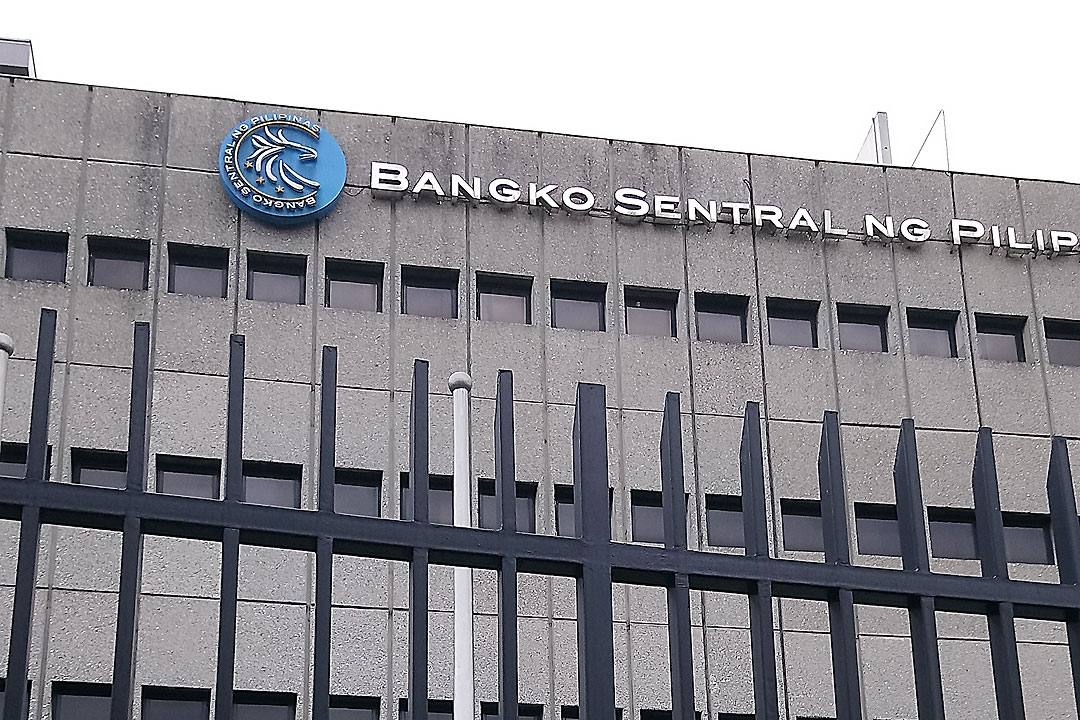BSP tightens UITF regulations

THE BANGKO SENTRAL ng Pilipinas (BSP) will now require trust entities (TE) to secure its approval or notify it before creating some kinds of unit investment trust funds (UITFs).
BSP Circular No. 1152, dated Sept. 5 and signed by BSP Deputy Governor Eduardo G. Bobier as officer-in-charge, amends sections and appendices of the Manual of Regulations for Banks and the Manual of Regulations for Non-Bank Financial Institutions on UITFs.
The BSP said the changes cover the licensing framework on the creation of UITFs and amendments to their features; definition of fund classifications; distribution of income for distributing funds; enforcement actions; and other provisions on the administration of UITFs.
Trust entities will be given a year from the effectivity of the circular to make appropriate changes to their plan rules, policies, processes, and procedures to comply with the BSP’s new requirements.
Under the new rules, the BSP said trust entities issuing UITFs must have “the competence and appropriate processes, systems, and infrastructure to administer and market UITFs and to manage the related risks.”
“The TE shall likewise have in place a sound client suitability assessment process and a system for the adequate disclosure of risks to clients. The administration of UITFs shall be consistently performed in accordance with these guidelines and other applicable laws, rules and regulations,” the central bank said.
The circular provides definitions for additional types of UITFs, namely money market, fixed income, multi-asset, equity, and distributing funds.
The BSP said it will now require trust entities intending to create a fixed-income fund, multi-asset fund, fund-of-funds, feeder fund, multi-class fund, distributing fund or an equity fund for the first time to secure its approval.
Once they secure BSP approval, their subsequent creation and offering of UITFs under the same restricted category will only require notification to the central bank. Amendments to existing UITFs will also need BSP notification.
Those that want to create UITFs that require BSP approval must satisfy existing prudential criteria, implement adequate risk management practices, and demonstrate operational readiness to manage the UITF it wants to offer, the central bank said.
Applications or notifications must be sent to the BSP within 10 days after board approval of authority to create the UITF. There are also additional requirements for fund-of-funds or feeder fund applications.
A processing fee of P25,000 will be charged for each application for UITFs that need BSP approval, except for Personal Equity & Retirement Account UITFs.
For UITFs needing the BSP’s go signal, these must be launched within one year of the trust entity’s receipt of the central bank’s letter of approval.
As for those requiring BSP notification, these UITFs should be rolled out within a year from the central bank’s receipt of the notification letter from the trust entity.
Trust entities must inform the BSP in writing of the launch date of their UITFs.
“Failure to launch a UITF within the prescribed period shall result in either an automatic revocation of the Bangko Sentral approval or the consideration of the notification from the TE as ‘withdrawn,’” the central bank said.
The circular also includes new rules covering the computation of the Net Asset Value per Unit or NAVPU of some UITFs; the plan governing UITFs, or the written trust agreement drawn by the trustee; UITF marketing personnel; UITF participant admission and redemption requirements; and minimum disclosure requirements.



